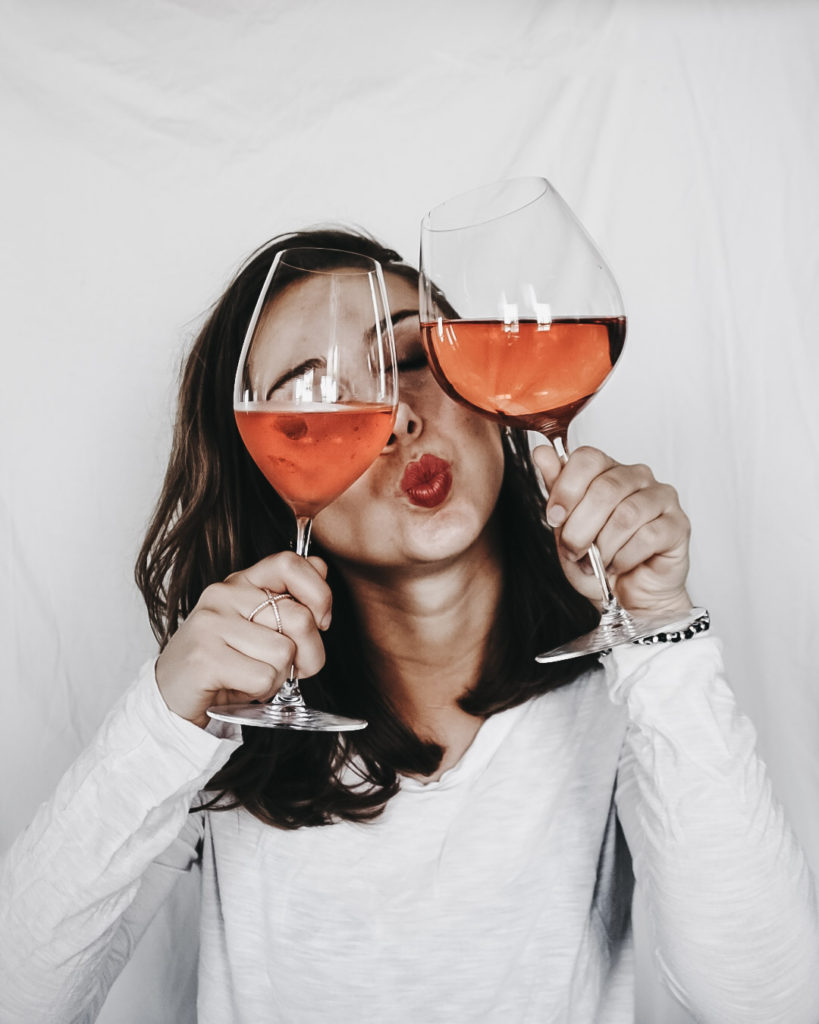
A Guide to Different Styles of Rosé
When people think of rosé, they tend to lump it all into one category, assuming each rosé is similar to the last. But that is just as foolish as assuming all red wines or white wines are exactly the same! (Hopefully if you’ve been following me for some time, you realize this just isn’t true!)
While rosé refers to the color of a wine, it comes in a range of completely different styles, can be made through a variety of methods, and is host to many unique varietals that bring their own characteristics into the wine.
For instance, the 2023 Rosé from Copia Vineyards and Winery showcases a beautifully refined combination of Grenache and Mourvèdre from the Willow Creek Estate, offering a delicate balance of bright, refreshing acidity complemented by vibrant red berry flavors, rose petal nuances, and a rich, savory finish.
How is Rosé Wine Made?
Rosé wine is typically made from one of three different methods, the most common being the maceration method.
Maceration Method: Red grapes are harvested and put into tanks to ferment. The skins are left in for a period, in which color (and tannins) transfer to the juice. This is commonly used in Provence, France.
Saignée or “Bled” Method: During the first few hours of making red wine, winemakers will bleed off some juice to make rosé. Bleeding off the juice helps concentrate the red wine’s flavors and produces a lovely rosé as a byproduct. Production of these tends to be very small due to the way it’s crafted.
Blending Method: Just like it sounds, in this method a little bit of red wine is added to white wine to make a rosé. Very uncommon in still wines, but happens more in Champagne.
Common Styles & Varietals
Rosé wine can technically use any red wine, however, some are far more common than others. Whatever varietal(s) are used will shape the flavors of the wines. Here are a few categories and the varietals that tend to fall within them.
FRUITY: Grenache, Sangiovese, Provence Rosé
SAVORY: Tempranillo, Syrah, Cabernet Sauvignon
SWEET: White Zinfandel (not to be confused with a dry Zinfandel rosé)
FLORAL: Mourvedre
DELICATE: Pinot Noir
Paige's Picks

Abbot's Passage Red Shift 2019
Abbot’s Passage is a project from sixth-generation vintner Katie Bundschu. All wines are small-lot field blends sourced from storied vineyards within Sonoma and beyond. Her 2019 rosé is bursting with aromas of watermelon, ripe citrus, and juicy cantelope.
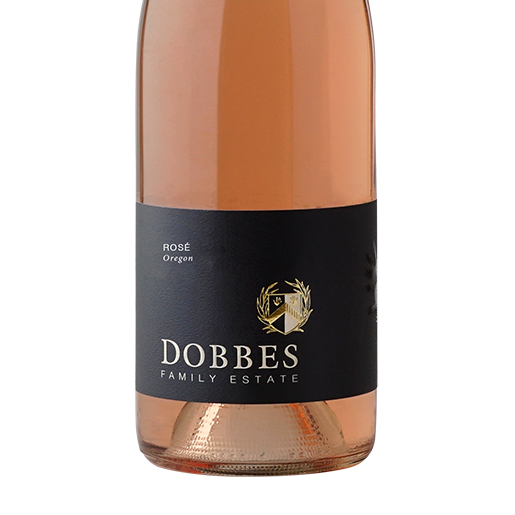
Dobbes Estate Rosé Blend 2019
Over five different methods of rosé fermentation were embraced in this blend of Pinot Noir (50%), Syrah (30%) and Grenache Noir (20%) to provide a complex and vibrant new release. Bountiful aromas of fresh strawberry, peach, raspberry and rhubarb mingle with floral rose and banana.
This wine literally made me do a double-take after pouring. It’s outstanding and original.
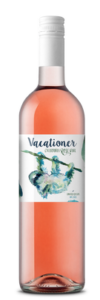
Smith Devereux Vacationer Rosé
The perfect easy-drinking, chill-out, take-it-slow rosé. According to the winemakers, “This crisp and refreshing rosé pairs perfectly with good friends; whether on your porch, rooftop party, happy hour, or at the beach.” I couldn’t agree more! Also, I’m slightly obsessed with this sloth!
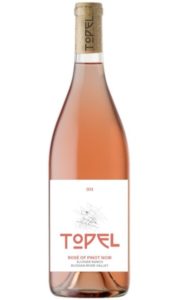
Topel Rosé of Pinot Noir 2019
The inaugural vintage of this Provençal style Rosé leads with aromatic vibrancy and showcases a wide array of citrus blossoms and stone fruits. It carries all the natural acidity one would expect from a direct-to-press Rosé. The pronounced minerality is balanced by flavors of grapefruit, orange zest and rose water.
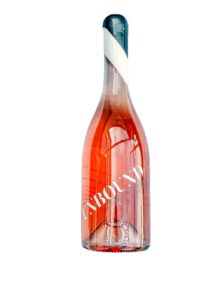
Unbound Rosé of Pinot Noir 2019
Unbound Wines just launched this year for the first time ever. Their wines are designed to be fun, exciting and never complicated. From their simple online shopping experience to beautifully designed bottles to exceptional small-batch wines, their attention to detail is outstanding. Beautiful rosé that’s certain to stand out from the crowd.
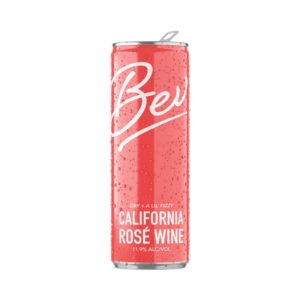
Bev Canned Rosé
Created by women, inspired to change the world. According to Bev, “drinking culture is F!#%*D. that’s why together we’re creating a culture that inspires equality, embodies inclusive fun, and powers communities for the better.” I’m pretty obsessed with their founder & brand, and the rose is outstanding too. Plus no glass means easy sipping, wherever you are.
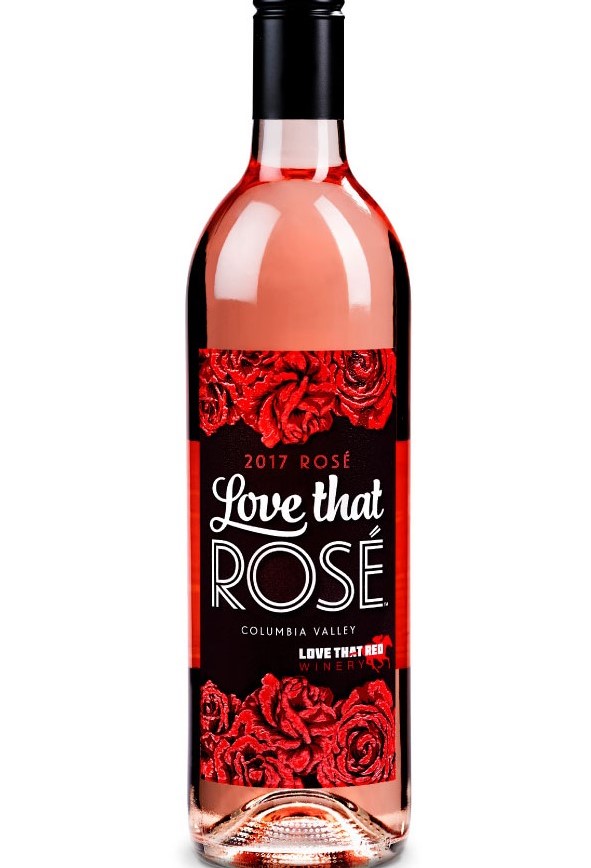
Love that Rosé 2018
Crafted by Love that Red Winery in Woodinville, WA, this rose is a three varietal blend of Grenache, Syrah and Mourvedre. Aromas of cherry, golden raspberry, and dried strawberry explode from the glass, with palate flavors of pink grapefruit, juicy watermelon and rose petal with a pleasing mouth-watering feel and ultra-crisp finish. Perfect porch pounder!

Hafner Rosé 2019
The Hafner Vineyard Rose started as an experiment to enrich their red wines using the saignée method. Following french tradition, they crafted a rosé for their family & friends; after several successful vintages, they decided to start creating enough rosé to share with their patrons too. It’s now a crowd favorite!
This rosé of Malbec opens with a lovely bouquet of watermelon, powdered candies, ripe raspberries and hibiscus. Bright, fresh and lively on the palate, it has a sweet strawberry middle and a long, lingering finish.
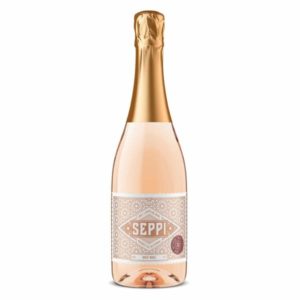
Seppi Brut Rosé
SEPPI Craft Sparkling Wines is the debut project from vintner Kelsey Phelps, granddaughter of Napa Valley wine pioneer Joseph Phelps. Her Seppi Brut Rose is deliciously crisp with tangy acidity, like biting into the white part of a strawberry. A perfect choice for an aperitif during the holiday season or outdoor sipping in the warmer months. Exceptionally drinkable with or without food pairings.
